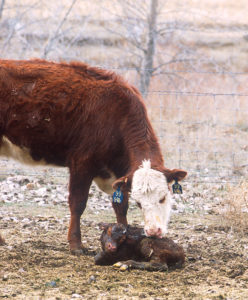Taking Jesus Christ as both our destination (our full human aim) and our with-God companion, we soon realize (or likely should) that our basic life focus really must change. To quote John the Baptizer, “He (Jesus) must increase, I must decrease.” After all, a Jesus-resemblance does not naturally spring forth through this jar of clay which God unflatteringly labels “dust”.
We ask God to lend a hand in training us to live as we are designed to live. He does better, not giving merely his hand but his entire self.
Here is how I think this “with-Jesus” living works.
First, he shows to us our need of getting rescued. Next he rescues us through sacrificially dying and then resurrecting. By this means Jesus has supplied us with something incalculable – forgiveness of all wrongs. All.
This is the start.
God now sets us on an entirely new path by which we along with others shall walk. Jesus shares with us his life and his kind of living here, now, in this broken world.
Also, quite amazingly, God introduces another element. He supplies a Helper – a living, empowering personal helper to aid us throughout. Holy Spirit (the Helper) moves into our lives.
Jesus makes clear that his gracious, all-powerful Holy Spirit is now among us to work mightily in shaping us to grow ever more like our master.
Under the Spirit’s empowering and in the guidance of God’s Word, the Bible, we proceed forward taking wonderful baby steps, in living as Jesus lives. Furthermore, we are helped at nearly every turn by other fellow disciples.
Do we tremble a little with fear? Are we uncertain of what our tomorrows hold? Surely.
Still, faith and love tug us forward. Confidence in him has taken root.
Family members – those other imperfect but forward-moving disciples – travel with us and we with them. We are indeed an imperfect, sometimes struggling company of persons. Some have employed the term, Ragamuffins. Our aim is Jesus.
We want above all else to be with Jesus and to grow to love like him – to give like him, and to laugh and to weep and to serve like him.
The one way this happens is in spending time with Jesus. Often simply one-on-one, but also with him in the presence of those “others” of his family. They need us. We need them.
Our coming to fully resemble who Jesus is in the world is no sprint.
But in the company of his grace we are set. We lean in.
© 2022 Jerry Lout



